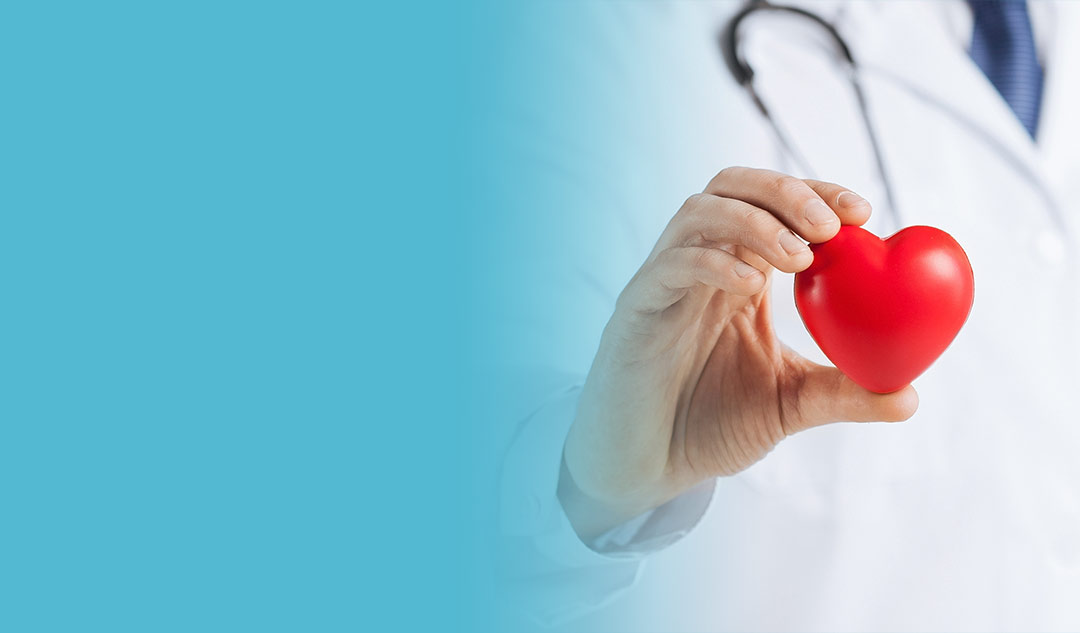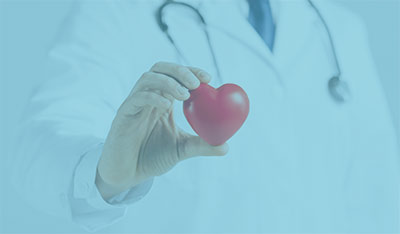Everything You Need To Know About Echocardiograms (Echo)
Echocardiograms (echos) show the movement of your heart graphically and can be used to diagnose a range of conditions, such as abnormal heart valves, congenital heart disease, and damage to the heart muscle from a heart attack. Our board-certified cardiologists, Kaushal Tamboli, MD FACC, Paiboon Mahaisavariya MD FACC and Paul Yoshino MD and his team of experts perform echocardiograms at Cardiovascular Medical Associates. For more information, contact us or book an appointment online. We serve patients from Downey, CA and surrounding areas.


Table of Contents:
What is an echocardiogram used to diagnose?
How long does an echocardiogram take?
When do you get results after the echocardiogram?
How much does an echocardiogram cost?
During an echocardiogram, your heart’s structure and function are checked using ultrasound. There are a number of conditions that can be diagnosed with an echo, including cardiomyopathy and valve disease. Several types of echo tests exist, including transthoracic and transesophageal, your provider can help you choose the right type.
Echocardiograms (echos) show the movement of your heart graphically. With an echo test, your healthcare provider takes pictures of your heart’s valves and chambers by using ultrasound waves from a hand-held wand placed on your chest. The provider can use this information to determine how well your heart pumps.
To evaluate blood flow across your heart’s valves, providers often combine echocardiography with Doppler ultrasound and color Doppler. There is no radiation involved in echocardiography. This presents a contrast in which the echo test is different from other tests like X-rays and CT scans, which use small amounts of radiation.
Echocardiograms usually take between 20 minutes and an hour to complete. The patient will be prepared and positioned for the echocardiogram for approximately five minutes. Images of the heart will be acquired over the course of 15 minutes on average. On top of this, a stress echocardiogram can add another 15-20 minutes to the procedure.
An echocardiogram gown will be provided to patients in the echocardiogram room. It will be necessary to access several areas on the chest wall during an echocardiogram. In order to acquire accurate images, EKG leads will be placed on the patient.
On an echocardiogram table specially designed for this purpose, the echocardiogram will be performed. A wedge is often placed behind the right side of the patient as they lie over on their left side. Due to the heart’s positioning, clearer images are possible.
There are typically three areas where images are taken. Firstly, over the area called the sternum at the front of the chest. Over the ribs and under the armpits are the next areas on the left side of the chest wall. Lastly, there is the area just beneath the ribs at the top of the stomach. There are times when extra images will be taken just underneath the neck area or in other places.
The images will be reviewed by a healthcare provider after the imaging is done. If more imaging is needed, you may be asked to wait. After an echocardiogram, most people are able to resume their usual daily activities. There may be no need for further testing if your echocardiogram looks normal.
Depending on the results, you may need to have more tests performed. Your doctor may refer you to a heart specialist if you haven’t already seen one. A cardiologist is one of the types of healthcare provider who can offer patients more specialized care in this regard.
Your doctor will prepare a written report of the results of your echocardiogram. During the test, the report will describe the heart anatomy, the heart movement, and any defects observed. Depending on how long it takes for you to receive the report, it may take several days to several weeks. Due to the detailed results, your doctor will often schedule an appointment with you to review the results and discuss next steps.
An echocardiogram typically costs $1,000-$3,000 for patients without health insurance, including $200-$300 for interpretation by a cardiologist. Patients with health insurance typically pay 10%-50% of the cost of an echocardiogram out-of-pocket. Insurance typically covers echocardiograms when ordered to diagnose or monitor a heart problem, but not for routine screenings.
Echocardiograms are available at Cardiovascular Medical Associates. For more information, call us. We serve patients from Downey CA, Norwalk CA, Lynwood CA, Cerritos CA, Lakewood CA, Whittier CA and surrounding areas.






